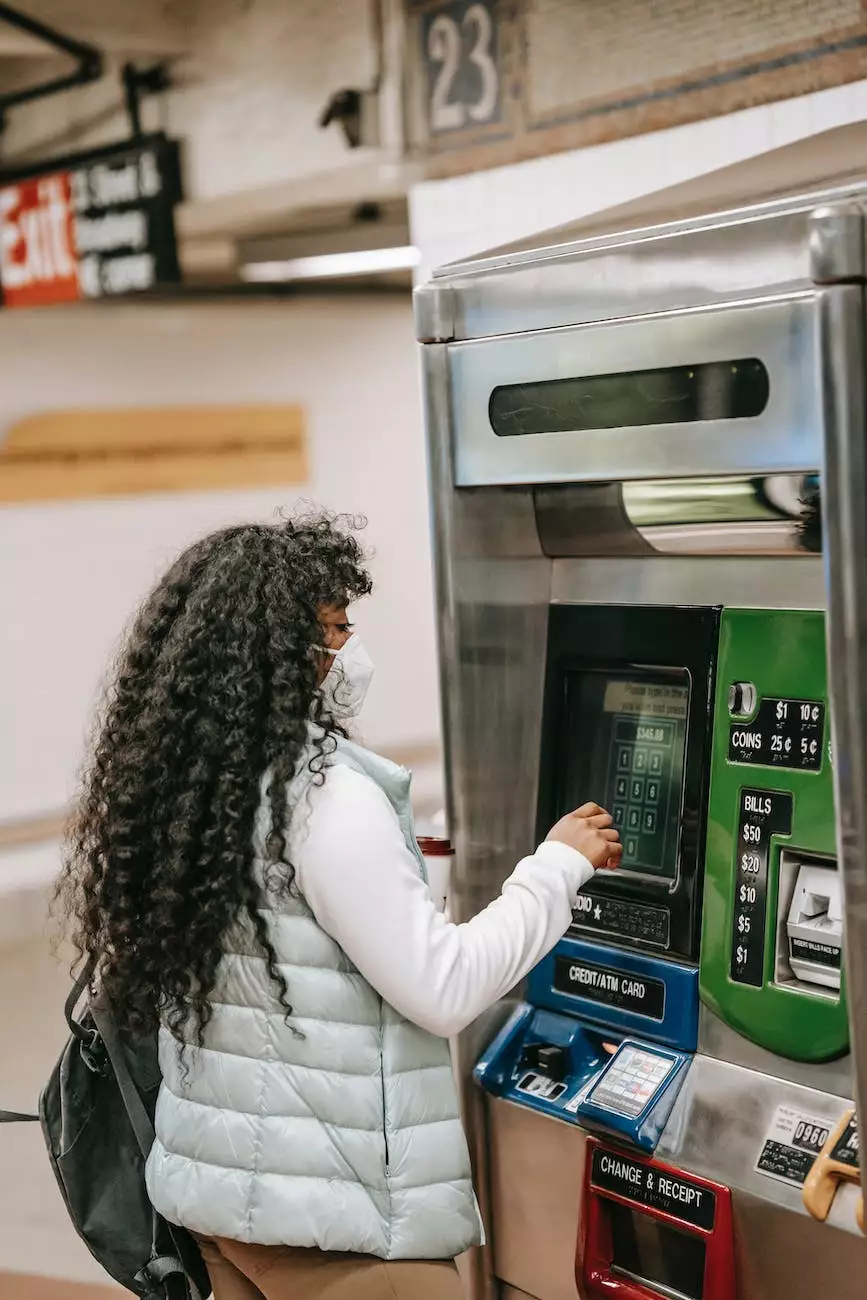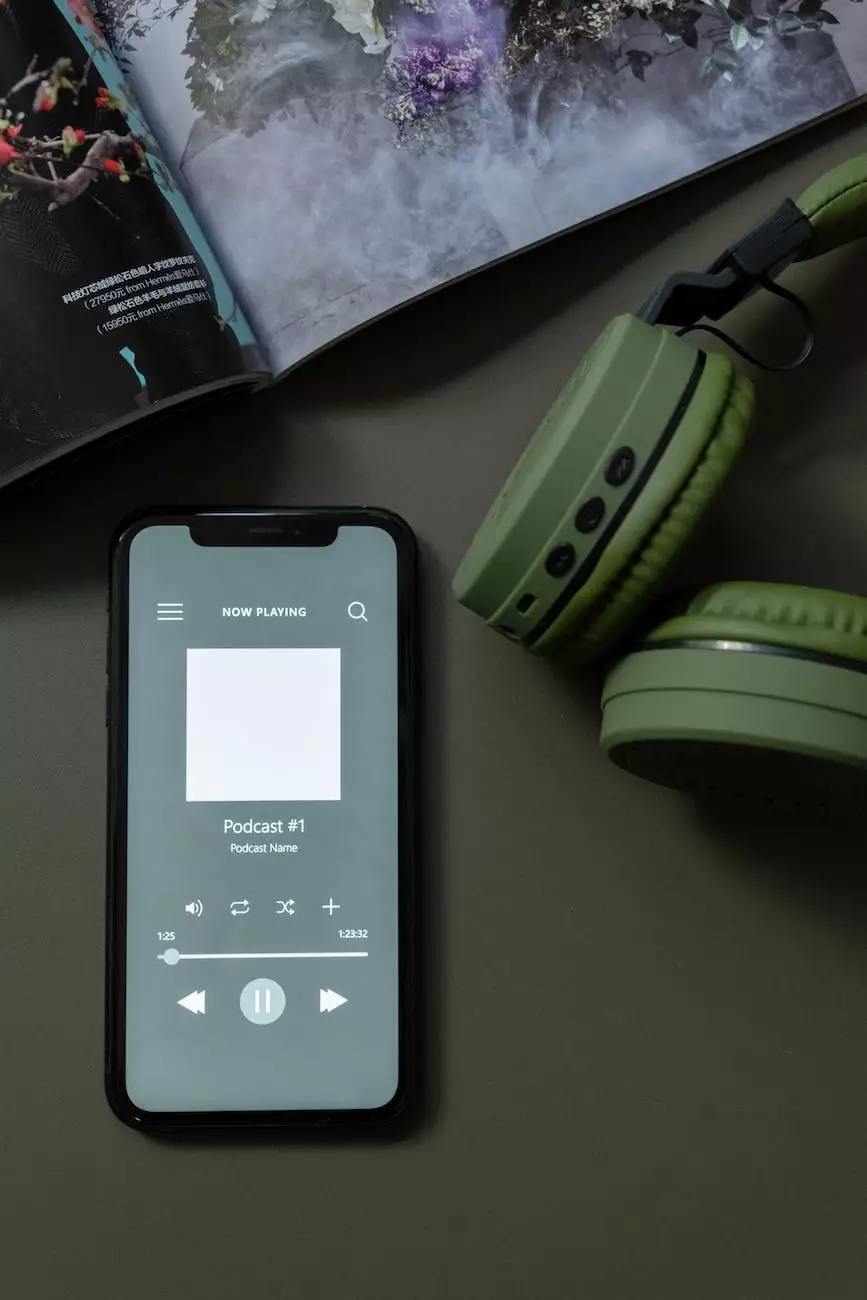16 – Do You Mind? How To Ask & Answer!
Language Learning Tips
Introduction
Welcome to episode 16 of NJCLT's podcast series! In this episode, we dive deep into the art of asking and answering questions, exploring how our mindset influences these interactions and how we can improve our communication skills. Effective questioning and expressing our thoughts clearly can have a profound impact on our personal and professional relationships. Join us as we provide insightful strategies and practical tips to enhance your questioning and answering abilities.
The Power of Effective Questioning
Asking the right questions is a fundamental skill that opens doors to new insights, possibilities, and understanding. By posing well-crafted questions, we can engage in meaningful conversations, uncover valuable information, and stimulate critical thinking. Effective questioning involves choosing the right context, tone, and phrasing to encourage open dialogue and encourage deeper exploration of ideas.
The Art of Mindful Inquiry
In the quest for knowledge and understanding, it is essential to approach questioning with a mindful mindset. By cultivating curiosity, active listening, and empathy, we create a safe space for meaningful exchanges. Mindful inquiry allows us to explore different perspectives, challenge assumptions, and foster greater empathy and connection.
Creating a Positive Environment
A positive question-and-answer environment plays a crucial role in encouraging open communication. By establishing trust, respect, and non-judgmental attitudes, we create a safe space where individuals feel comfortable sharing their thoughts and ideas. This conducive atmosphere promotes a healthy exchange of information, fosters collaboration, and leads to more productive outcomes.
Answering with Clarity and Empathy
Effective answering is just as important as asking the right questions. It involves providing clear and concise responses that address the concerns and inquiries of others. Crafting well-thought-out answers demonstrates active listening, understanding, and empathy towards the person seeking information. When we answer with clarity, we contribute to a more productive and fulfilling conversation.
Active Listening for Better Responses
Active listening is a core aspect of answering questions effectively. By attentively focusing on the speaker, we demonstrate respect and understanding. This practice allows us to gather relevant information and respond in a manner that addresses the underlying needs of the individual seeking answers. Active listening also helps us identify any potential misunderstandings and clarify our responses accordingly.
Embracing Empathy and Understanding
Empathy is a powerful tool in answering questions. By putting ourselves in the shoes of the person seeking information, we can provide more meaningful and relevant responses. Understanding their perspective, emotions, and concerns allows us to tailor our answers and offer guidance or support that resonates with their unique situation. Empathy builds trust, fosters stronger relationships, and enhances overall communication.
Practical Tips for Asking and Answering Questions
Below are some practical tips to elevate your questioning and answering skills:
1. Be Curious
Cultivate a curious mindset that encourages exploration and continuous learning. Embrace intellectual curiosity and ask questions that promote deeper understanding.
2. Practice Active Listening
Engage in active listening by fully focusing on the speaker, maintaining eye contact, and acknowledging their concerns. This demonstrates respect and promotes effective communication.
3. Use Open-Ended Questions
Employ open-ended questions that prompt thoughtful responses. This helps initiate meaningful conversations, encourages self-reflection, and broadens perspectives.
4. Reflect and Clarify
Take a moment to reflect on the question before answering. If unsure about the context or intent, seek clarification to provide accurate and helpful responses.
5. Be Authentic
Answer questions sincerely and authentically. Honesty and transparency contribute to building trust and credibility in your communication.
6. Mindfulness in Communication
Practice mindfulness in your communication habits. Be aware of your tone, body language, and non-verbal cues to ensure effective and empathetic responses.
7. Continuously Improve
Strive for self-improvement by seeking feedback, learning from experiences, and adjusting your questioning and answering techniques accordingly. Growth is a lifelong journey.
Conclusion
Asking and answering questions is an essential aspect of effective communication. By honing your skills in this area, you can cultivate healthier relationships, foster understanding, and promote personal growth. NJCLT is committed to guiding and empowering individuals in enhancing their questioning and answering abilities. We hope this episode has provided valuable insights and practical strategies to help you navigate the art of asking and answering questions. Join us in our next episode as we delve into new topics and expand your knowledge even further!










